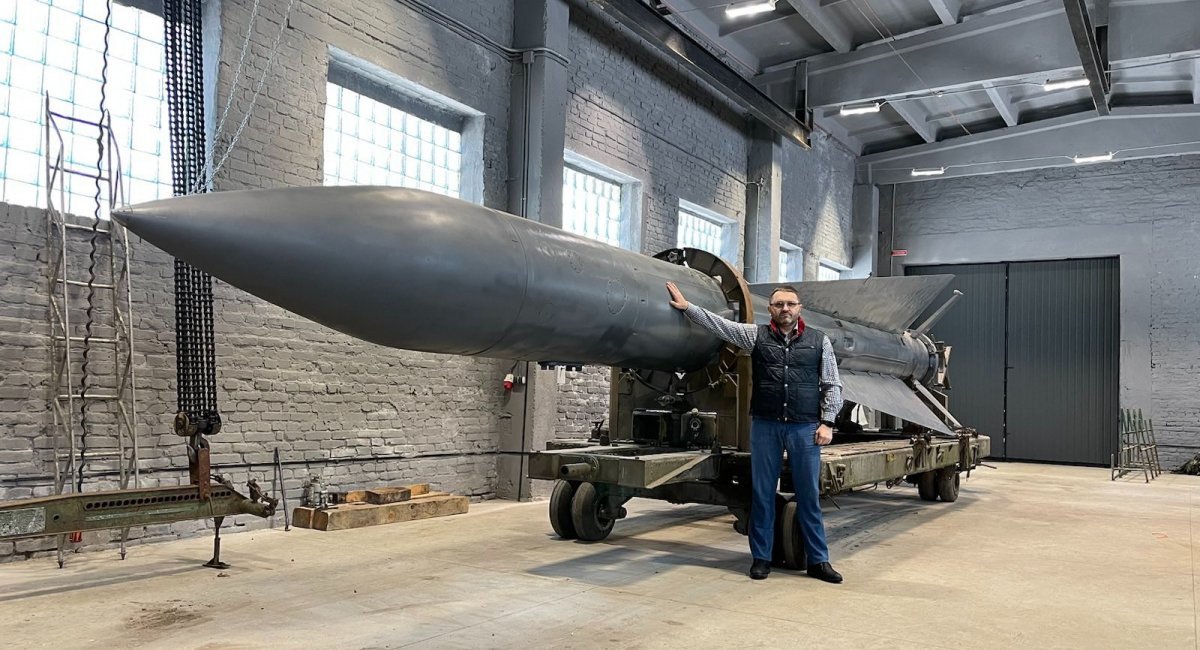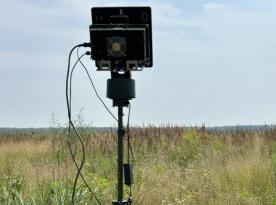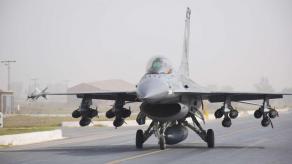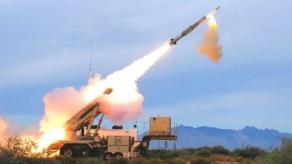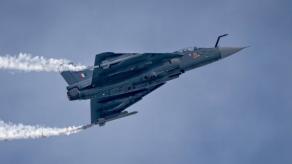In March 2025, Ukraine's Security Service (SSU) detained a russian spy who had been transmitting photographs, coordinates of strategic enterprises, and classified documents to russian intelligence.
Among the seized materials were details of Ukraine's cooperation with foreign partners in the development of space and defense technologies, according to the BBC. One document—a letter from the State Space Agency of Ukraine dated February 4, 2025—outlined agreements with Poland to create a satellite constellation and an airborne launch system for payload deployment.
Read more: Shahed or New Prototype? Poland Probes UAV Explosion 40 km from Key NATO Airfield
According to Defense Express, Ukraine had already been working on such technologies. A notable example is Orbit Boy, a British-registered startup with Ukrainian roots: it was founded by Ukrainians, and its development and production are based in Ukraine.

Orbit Boy aims to create a launch vehicle capable of deploying small satellites from anywhere in the world within 24 hours of signing a contract. The design is a three-stage solid-fuel rocket, deployed from a cargo aircraft at an altitude of about 9 km.
The company has presented a scheme in which a customer submits a launch request, an Orbit Boy aircraft arrives at a convenient airport, a mobile laboratory integrates the satellite with the rocket, and then the air launch is carried out.
While the Il-76 is highlighted as the primary platform, the system is also compatible with other transport aircraft such as the A400M, C-17, An-178, and similar models.
The launch vehicle, named Boy Launcher, has a total mass of 14.5 tons, can carry up to 200 kg of payload, and measures 11.6 meters in length with a diameter of 1.4 meters. Its engineering model was unveiled in 2022 and manufactured by Pivdenmash.

This prototype was reportedly prepared for airdrop testing in 2023, though it is unclear whether trials actually took place. Photographs suggest that the prototype closely resembles a 5V21 or 5V28 missile from the S-200 SAM system, albeit without solid-fuel boosters.
For comparison, the 5V21 and 5V28 missiles are about 10.8 meters long, 0.85 meters in diameter, weigh up to 8 tons, and carry a 217-kg warhead. The Boy Launcher appears somewhat larger, though the figures provided likely describe the intended production model rather than the prototype.

It is possible that the prototype has little in common with the final design. Versions shown in renders and exhibitions differ in construction and even the number of stages. This suggests Orbit Boy may have repurposed an S-200 missile body to test air-drop and launch procedures, given their similar dimensions—though this remains speculation.
The company has not disclosed target orbits, but Boy Launcher is expected to be limited to low Earth orbit, enabling rapid and relatively low-cost deployment of small commercial or military reconnaissance satellites.
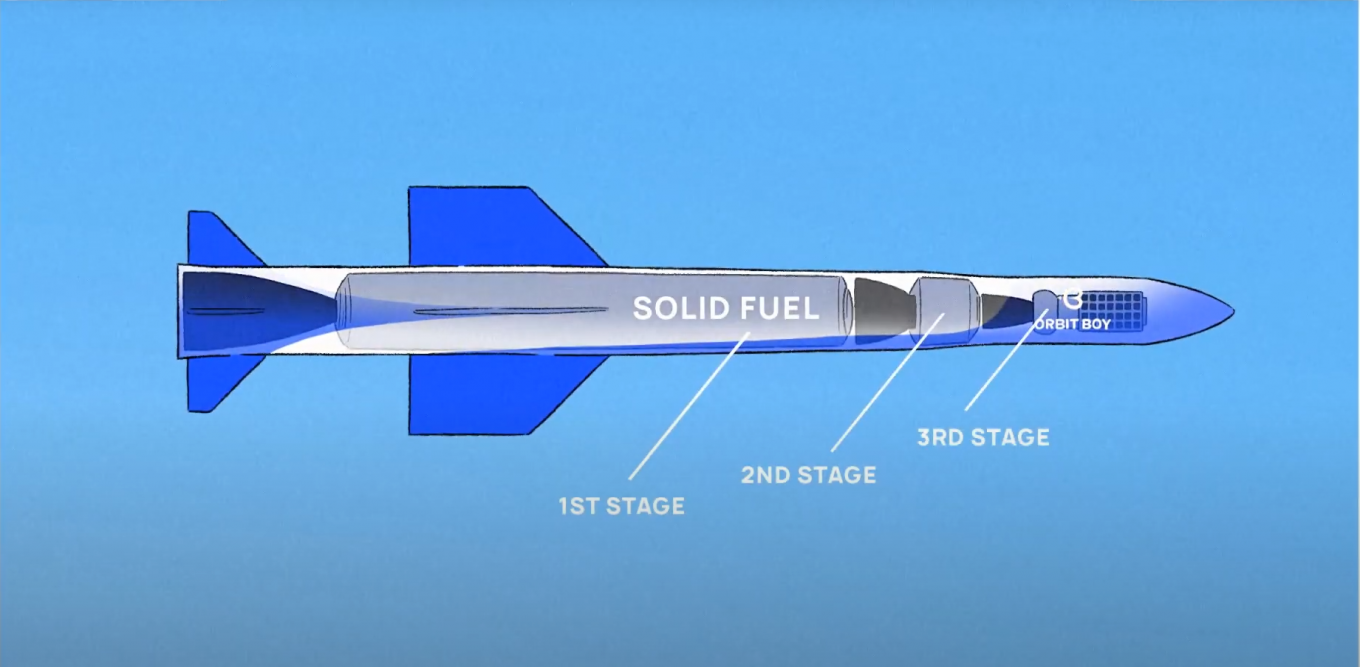
As of now, Orbit Boy has not announced further progress, and the project may be on hold due to the war, although development reportedly continued at least through 2023.

Similar concepts exist elsewhere. In the U.S., a medium-range ballistic missile has been adapted for air launch from a cargo aircraft, using a deployment system very similar to Orbit Boy's. Another example is Starfighters International, which uses F-104 Starfighter jets to launch modified AIM-120 air-to-air missiles carrying microsatellites. The company also plans to acquire 12 F-4 Phantom II aircraft to handle larger payloads.
Read more: russia Constructing Huge Antenna 25 km From Poland to Spy on NATO




